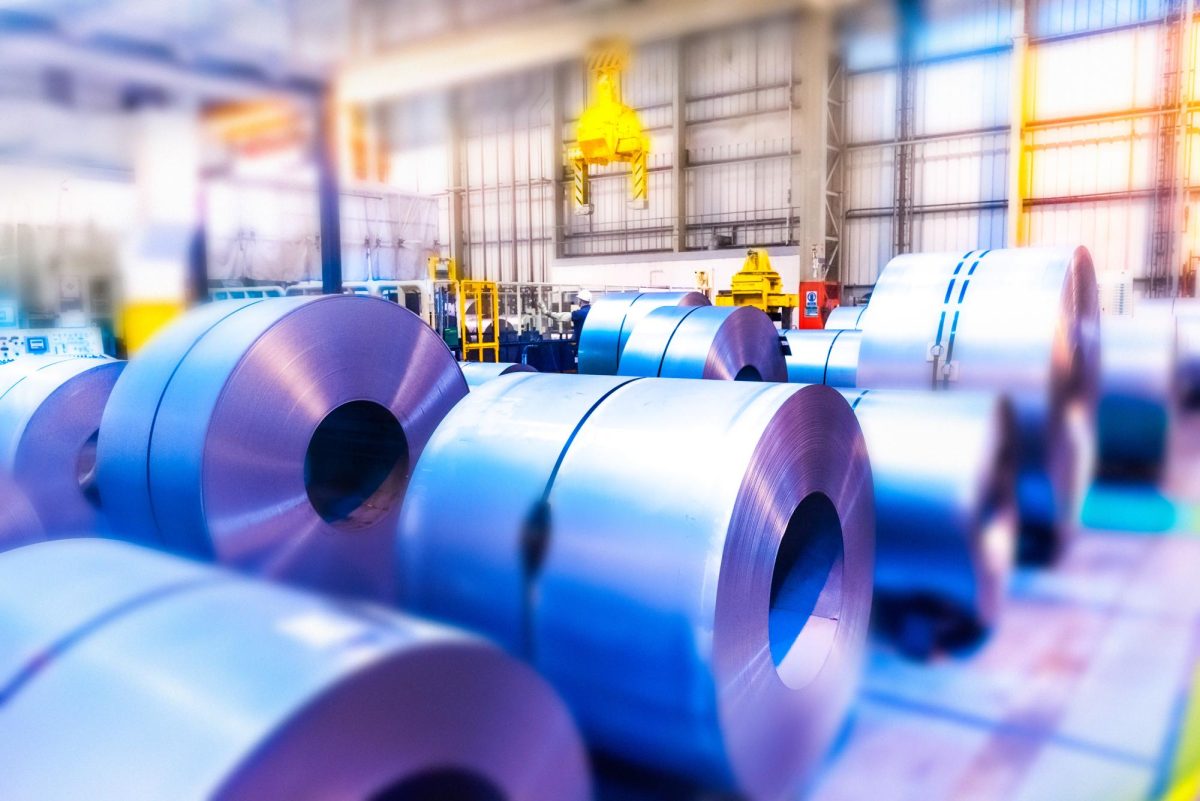As the prices of eggs and meat soar, the steel and aluminum industry could soon also face challenges under President Donald Trump’s 25% tariffs on imported steel and aluminum.
The tariffs aim to boost domestic production as Trump aims to decrease U.S. reliance on foreign businesses.
“This isn’t just about trade,” Peter Navarro, Trump’s top trade advisor, told reporters. “It’s about ensuring that America never has to rely on foreign nations for critical industries like steel and aluminum.”
Currently, Mexico, Brazil, and Canada supply the majority of steel and aluminum to the U.S. While the U.S. doesn’t directly import steel from China, China does account for more than half of global steel production and exports them to other countries for a lower price.
Still, the tariff is likely to affect China, as the steel that’s processed in other countries like Vietnam typically enters the U.S., subjecting them to the looming tax.
Trump did mention that he would give greater consideration to Australia’s exemption request because Australia imports more than it exports.
The U.S. still relies on Chinese goods, whether it be clothing, electronics, or toys, due to its reasonable price. But as tariffs approach, consumers and retailers will face a big issue with inflated prices. Manufacturing costs for steel and aluminum companies are now expected to rise in the U.S. due to dwindling competitors.
During his first term, Trump attempted to carry out similar action for national security purposes, imposing a 25% tariff on steel and 10% tariff on aluminum. Although it seemed successful at first, it consequently increased production costs. Analysts speculate that similar results may occur again. He also exempted key trade partners from the tariff at the time, but that might not be the case this time around.
Metal analysts fear that this may incite retaliatory attacks from other nations. The affected countries may impose their own tariffs, potentially leading to a trade war with the U.S., which could disrupt supply chains.
Bloomberg Economics pointed out that the tariff would reduce U.S. imports by 15%, while a tax foundation in Washington, D.C. estimated that the tariffs would garner an extra $100 billion in federal tax revenue.








